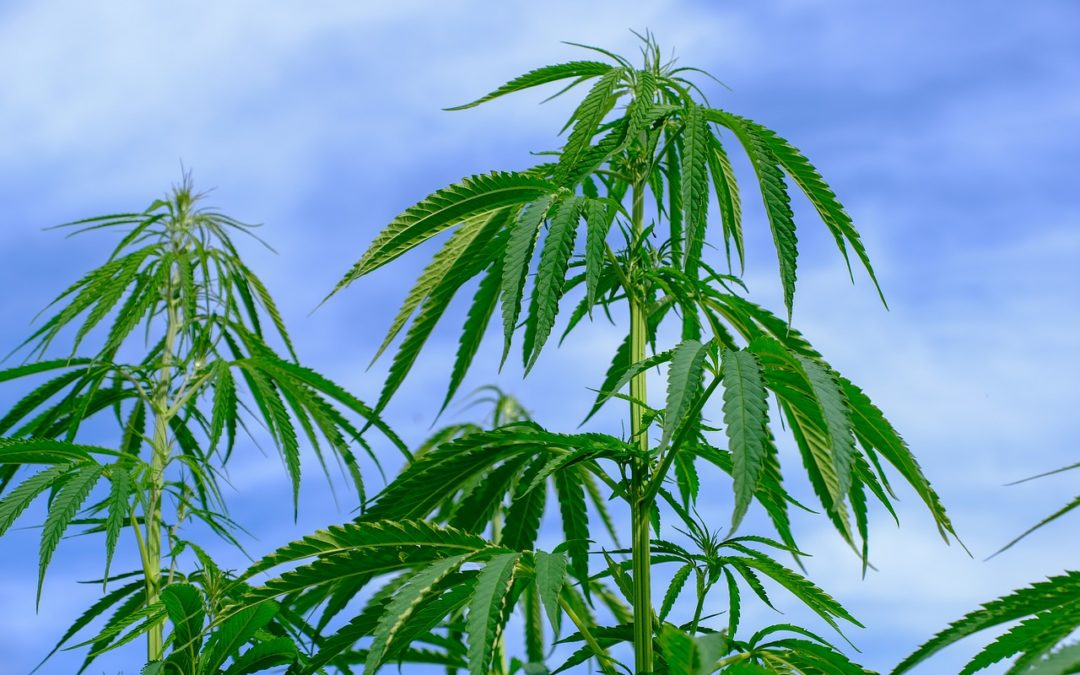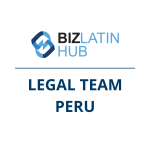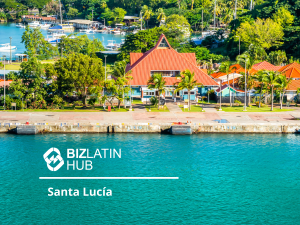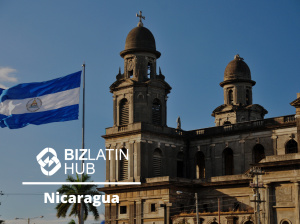In 2017, Peru marijuana laws changed to legalize marijuana for medical purposes. The marijuana law defined three types of licenses and introduced relevant concepts for legislation.
After a period of over a year, the government released specifications and requirements for licenses. Under the Supreme Decree (N 005-2019-SA) that approves Law 30681, regulation, licenses, registries, control and inspection, and other dispositions were comprehensively covered.
Although the pathway to obtaining a license was set, further details for necessary protocols were lacking. Only last month, November of 2019, the minister of the interior (MININTER) released the guidelines for safety protocols that will allow companies to apply for marijuana licenses.
Learn more about the newly established protocols and Peru’s cannabis industry.
Peru marijuana laws: Law 30681

Currently, Peru’s marijuana law, offers three licenses for those looking to work in the medical marijuana industry:
- license for scientific research
- license for import and commercialization
- license for production
Approved guidelines for safety protocols
In November of this year, MININTER approved technical guidelines to safeguard control, security, and inspection of medical marijuana production. The official document was signed by Minister of the Interior, Carlos Morán.
According to Peru marijuana laws, a protocol of safety approved by MININTER is a requirement for all types of licenses. With the approval of the new safety guidelines, entities can begin preparing their establishments accordingly. The MININTER through its anti-drug directive (DIRANDRO) has the responsibility to issue safety protocols.
The requirements for the protocol include an integrated security plan, a responsible authority for risk control and a system of control for internal activities.
Integral security plan
Entities must have an integrated security plan that contains a risk analysis regarding physical and operational safety, as well as human resources and logistics.
The plan must contain diagnose (including vulnerability and probability of events variables), design(including strategies for the effectiveness of risk managing mechanisms) and monitoring and evaluation.
Authority responsible for risk control
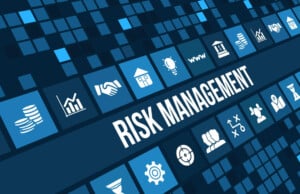
Entities must assign a responsible for risk control. This authority has the obligation to ensure the application, management, compliance, and improvement of the security protocol.
In the case of scientific research licenses, the responsibility of risk control falls under the head/main researcher. For import/commercialization and production licenses, the responsibility is assigned to the pharmaceutical chemist or professional who assumes the technical directive.
System of registry and control of internal activities
The system must have access control, to safeguard the entrance and exit of vehicles, raw material, and other assets. Additionally, the system should include restrictions for areas in which the fabrication, handling, warehousing, or production activities take place.
The system should include equipment for protection such as fences, internal lighting, among others. On top of this, the system must include signaling and monitoring measures.
Regarding monitoring and detection, the system must include surveillance, protection, and alert devices, for example, cameras or security personnel. Regarding warehouses, these have to include ventilation, lighting, easy access to fire extinguishers, emergency exits, among a couple of other measures. The system also must carry maintenance and monitoring activities for its warehouses.
The final aspect of the system is an evidence report, which should include evidence of the risks or vulnerability to the intangibility of cannabis and its derivatives
Inspections by DIRANDRO

The newly approved guidelines empower the National Police to carry out inspection activities. The Division of Investigation against the diversion of Chemical Inputs of the Anti-Drug Directorate of the National Police (DIRANDO), will now be able to inspect entities with cannabis licenses.
Although further details regarding import licenses are still on progress, the established guidelines allow companies to begin the process of gathering certifications and authorization for their licenses.
Foreign players already entering the market
Khiron, a big player in the Cannabis industry, with operations in Colombia and seeking to expand across the region, has already submitted a request for its safety protocol.
Additionally, the company already obtained its Good Storage Practices (GSP) certification by the Minister of Health. Companies seeking to obtain an import/commercialization license in Peru must obtain a GSP certificate to carry out import and commercialization activities. In this sense, Khiron is ahead of its competitor securing this crucial certificate and getting closer to obtaining its safety protocol.
There are other foreign players inquiring about regulations and certifications for cannabis licenses in Peru, evidencing that the cannabis industry in Peru has bright prospects in the coming year.
Make the most of Peru’s marijuana laws with Biz Latin Hub
Peru is become more appealing due to its stability, continuous low risk, and land profitability. Since regulations to obtain licenses have been laid out, Cannabis businesses can now apply for them and prepare for their profitable commercial activities
At Biz Latin Hub, we have vast experience helping entrepreneurs from all over the world enter the Peruvian market. Our team of local lawyers and accountants is ready to assist with company incorporation, employee onboarding, commercial representation, visa services and more. Contact us now and get started in the Peruvian cannabis market.
Learn more about our team and expert authors.
Check our short video on how to form a company in Peru.
